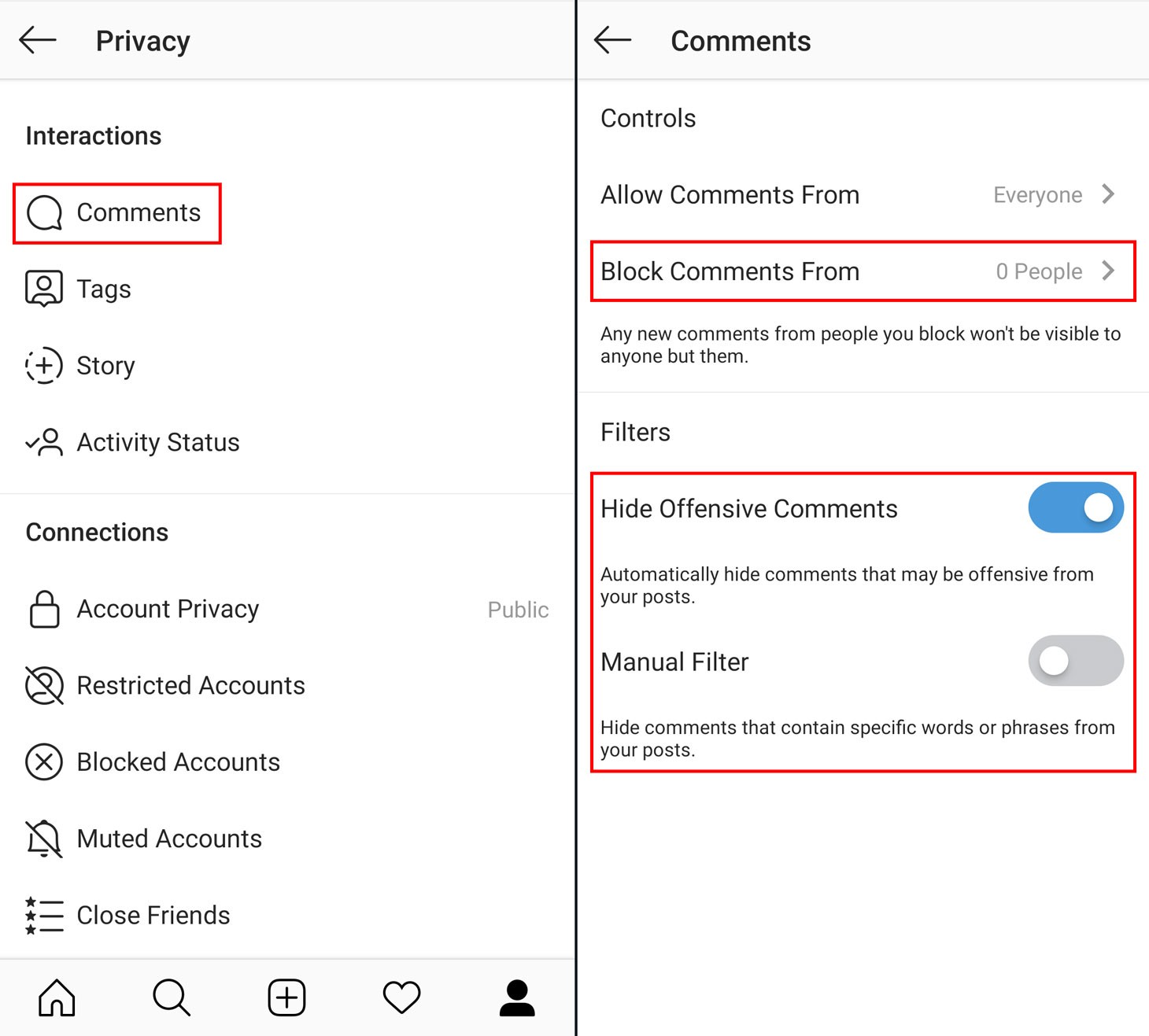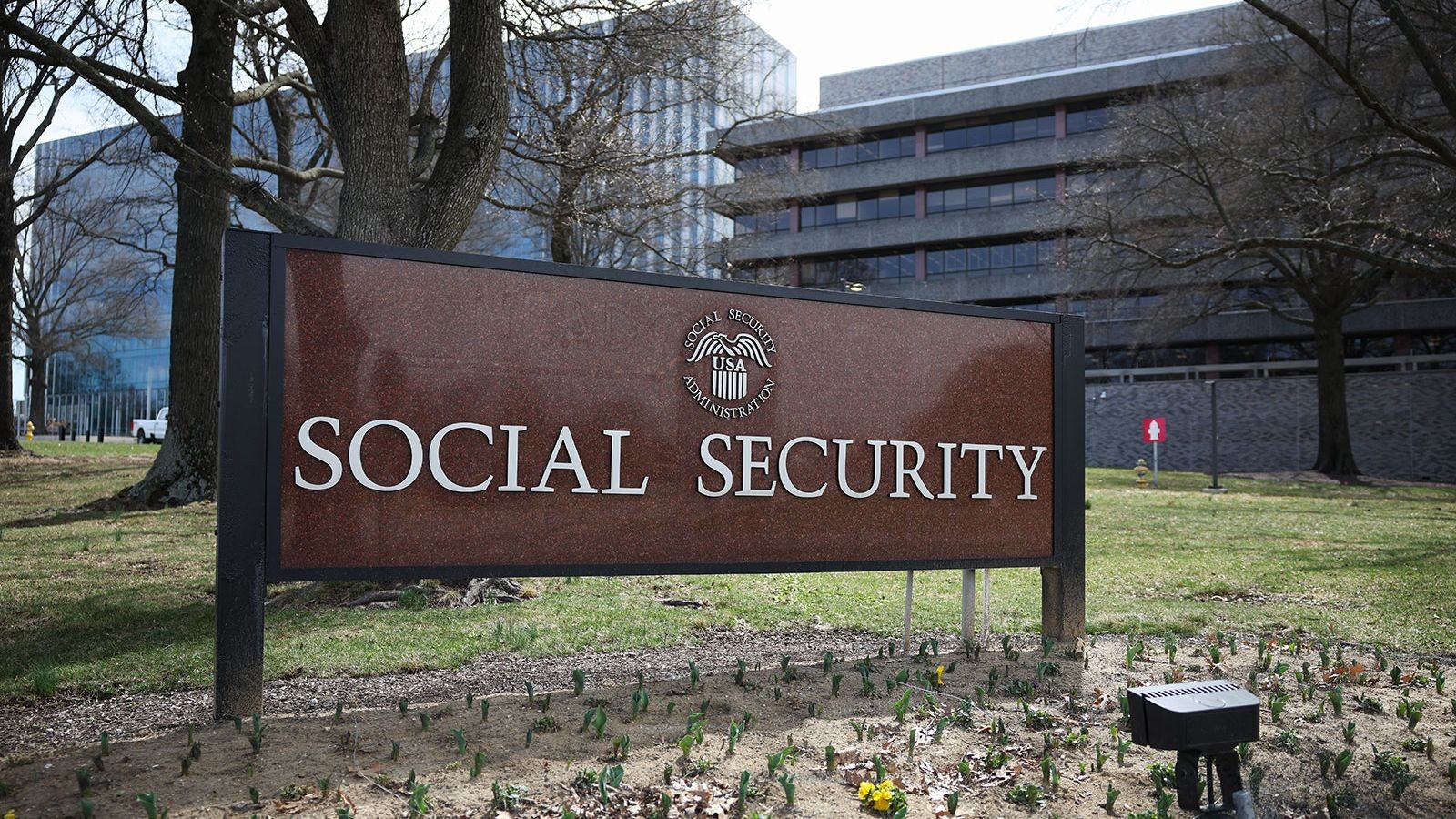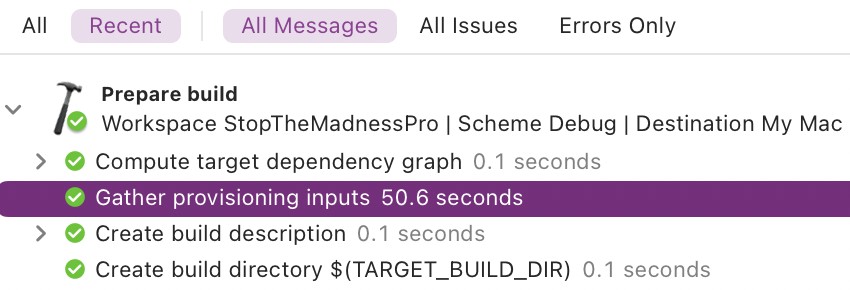Digital Shadow: Why Avoiding Social Media Doesn't Guarantee Privacy
Even those who consciously avoid social media platforms find their private lives inadvertently documented through friends' posts and stories. This growing phenomenon raises questions about personal narrative control and privacy rights in our interconnected digital world.
DOGE Agency's Mass Data Collection Sparks Privacy Crisis in Federal Government
The Department of Government Efficiency is building an unprecedented surveillance system by merging sensitive data across federal agencies, raising major privacy concerns. Privacy experts warn this consolidation creates dangerous vulnerabilities and violates existing protections, with multiple legal challenges already underway.
Environmental Group Exposes xAI's Hidden Pollution: Thermal Images Reveal Undisclosed Gas Turbines in Memphis
Thermal imaging evidence reveals xAI operating 33 gas turbines at its Memphis supercomputer facility, more than double its permitted amount, raising environmental justice concerns in Black communities. The Southern Environmental Law Center's findings contradict company statements and have sparked calls for permit denial amid accusations of environmental racism.
NLRB Whistleblower Alleges Unauthorized Data Access by Musk's DOGE Agency
A security architect at the National Labor Relations Board has reported concerning allegations of unauthorized system access and data extraction by Elon Musk's Department of Government Efficiency. The whistleblower claims approximately 10GB of sensitive case data was accessed, followed by suspicious login attempts and apparent cover-up activities.
X Blocks Turkish Student Activists During Mass Protests Over Mayor's Degree Scandal
Social media platform X has restricted multiple Turkish university student group accounts following government demands amid nationwide protests over Istanbul Mayor İmamoğlu's detained degree controversy. The platform's compliance with Turkish authorities marks another instance of digital censorship targeting student activists and opposition voices.
Detroit Woman Sues Police Over False Arrest, Questions Role of Facial Recognition
A Detroit mother files federal lawsuit after being wrongfully arrested for attempted murder, highlighting concerns about law enforcement identification methods. The case raises questions about facial recognition technology usage and its impact on people of color.
Signal Threatens Swedish Withdrawal Over Proposed Surveillance Law
Signal CEO Meredith Whittaker firmly opposes Sweden's proposed law requiring messaging apps to store user communications for law enforcement access. The encrypted messaging service vows to exit the Swedish market rather than compromise its security architecture with backdoors.
Xcode's Hidden Network Activity Sparks Developer Privacy Debate
Apple's Xcode development tool has been found making frequent, unnecessary connections to company servers, raising concerns about developer privacy and build performance. Investigation reveals multiple automatic server communications that impact build times and collect user data without explicit consent.
TP-Link Routers Under US Government Scrutiny: Security Concerns and Consumer Impact
US government agencies are investigating TP-Link over potential security vulnerabilities and Chinese state influence, despite the company's recent restructuring efforts. The investigation raises important questions about cybersecurity, geopolitical tensions, and consumer trust in router manufacturers.
Musk's DOGE Agency Gains Unprecedented Access to Federal Systems
Elon Musk's Department of Government Efficiency has obtained unrestricted 'God mode' access to sensitive government systems, including classified data at USAID and NASA. Federal employees express alarm as DOGE expands control across agencies, with potential implications for data security and privacy.









